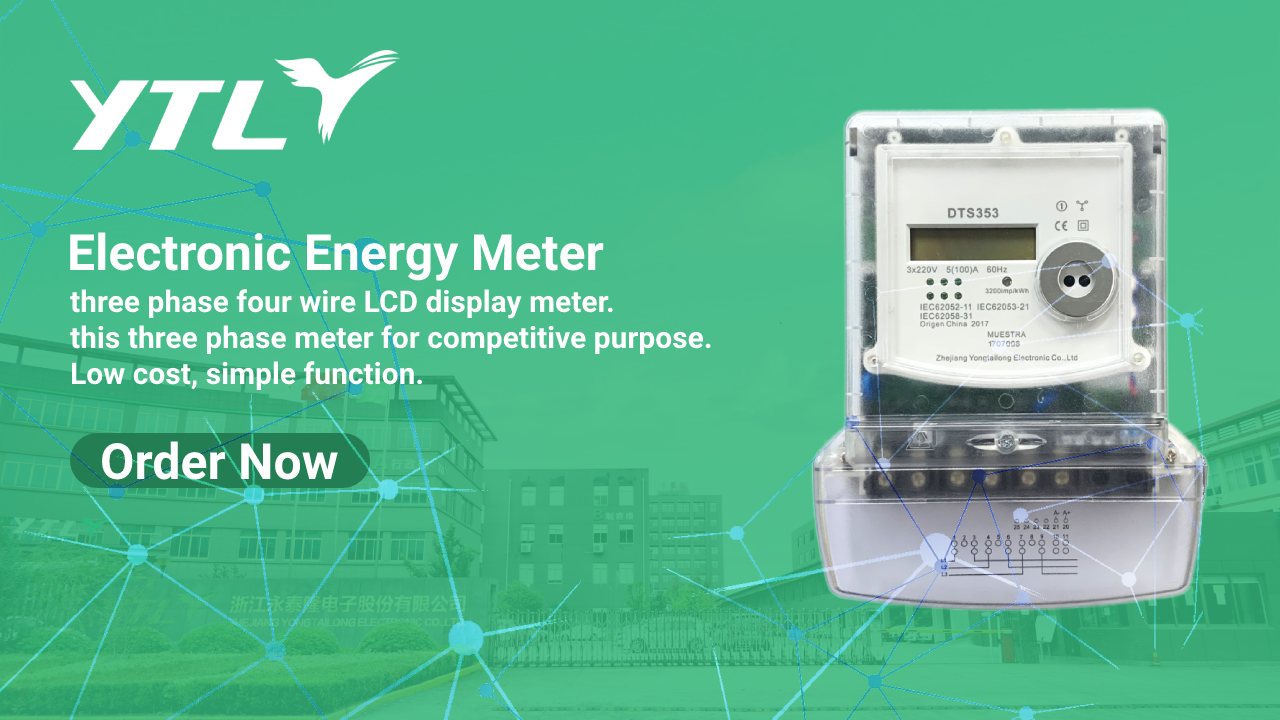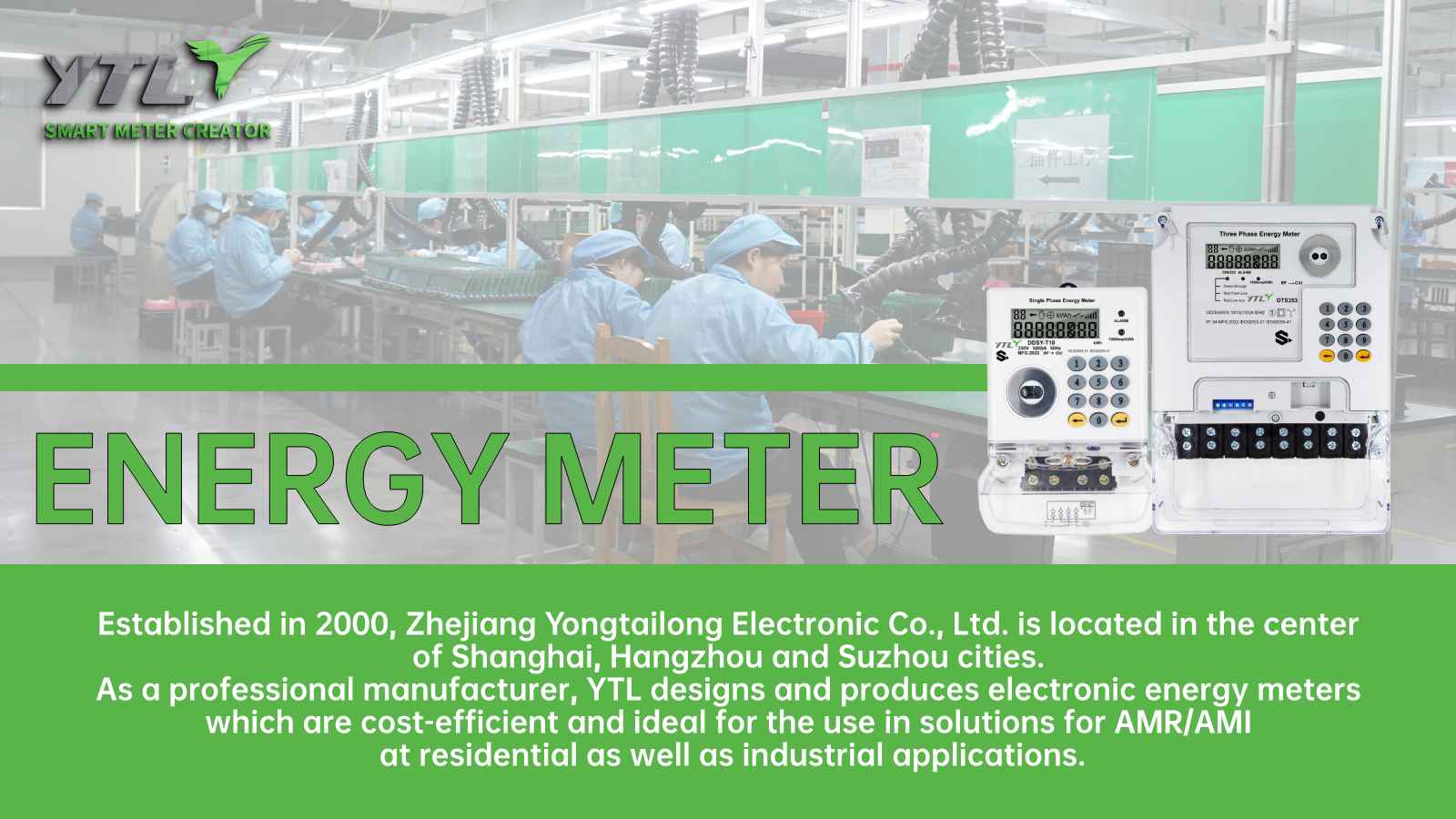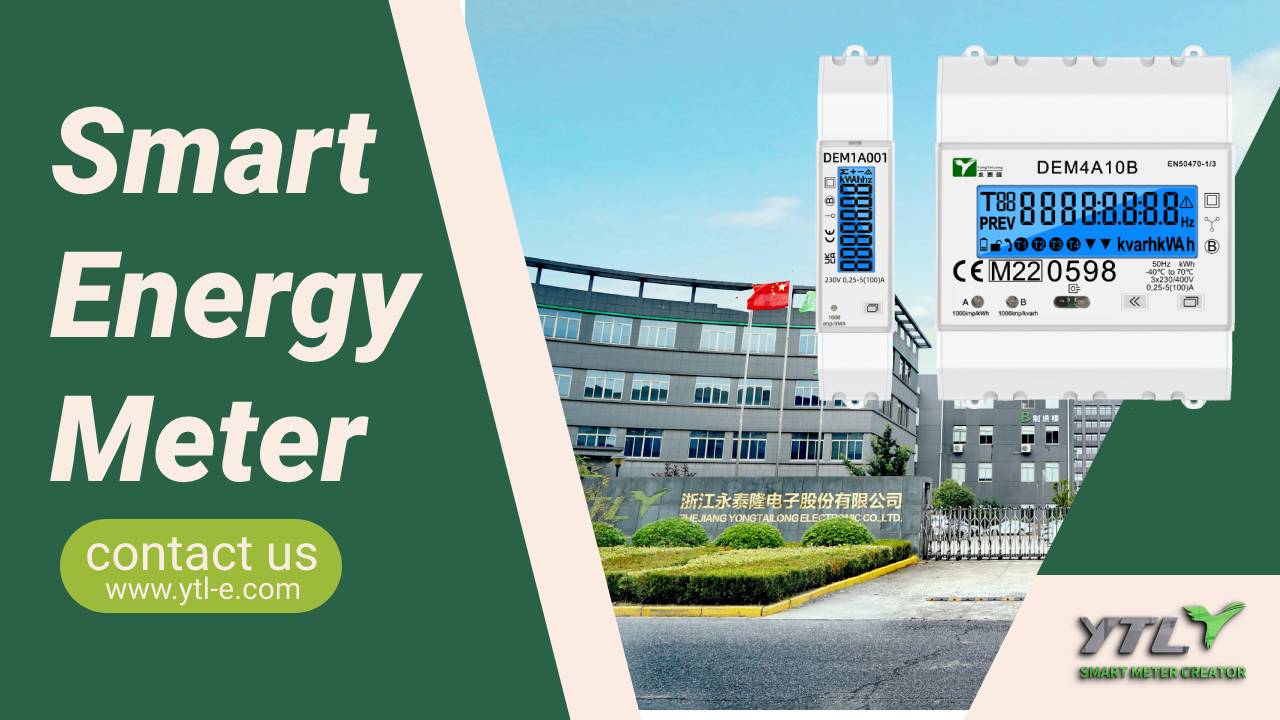The anti-magnetic field technology in energy meters is a crucial feature designed to ensure accurate and fair energy measurement. As electricity theft methods continue to evolve, particularly through magnetic field interference to affect meter readings, anti-magnetic field technology has become an indispensable part of energy meters.

1. The Impact of Magnetic Interference on Electricity Meter Measurement
Magnetic interference is one of the primary factors affecting the accuracy of electricity meter measurements. Sources such as the Earth's magnetic field at a given geographic location, electromagnetic fields generated by surrounding electronic devices, and intentionally placed strong magnets can interfere with the electronic components inside the electricity meter, affecting its normal operation. For example, when a strong magnet is placed near an electricity meter, it can cause the core of the transformer used for power conversion to saturate, reducing or eliminating the meter's working DC voltage and thereby affecting measurement accuracy. Additionally, magnetic fields may alter the phase of current and voltage, cause to deviations in the meter's measurement results.
2. The Necessity of Magnetic Interference Prevention Technology for Electricity Meters
Given the severe impact of magnetic interference on the accuracy of electricity meter measurements, developing and applying magnetic interference prevention technology is essential. Such technology not only effectively resists external magnetic field interference but also enhances the accuracy and reliability of electricity meters, ensuring the fairness and security of power supply.

3. Methods for Implementing Magnetic Interference Prevention Technology in Electricity Meters
3.1 Physical Isolation and Shielding
Physical isolation is the foundation of magnetic interference prevention technology. Installing electricity meters away from strong magnetic field sources, such as large transformers or motors, can reduce the impact of external magnetic fields. Additionally, using metallic shielding layers, such as copper mesh or aluminum foil, inside the meter casing can block external magnetic fields. This simple physical shielding method is highly effective in reducing magnetic field interference on the meter's internal components.
3.2 Magnetic-Sensitive Component Monitoring and Calibration
With technological advancements, magnetic-sensitive components have been widely incorporated into the magnetic interference prevention designs of electricity meters. These components can monitor the magnetic field strength around the meter in real time and issue warning signals when the magnetic field exceeds a preset threshold. Furthermore, some advanced meters feature magnetic field calibration functions, enabling automatic adjustment of measurement parameters to compensate for the impact of magnetic interference. This approach not only enhances the meter's resistance to magnetic interference but also ensures measurement accuracy.
3.3 Dual Power Conversion Modules
To address scenarios where strong magnetic fields reduce or eliminate the working DC power supply of electricity meters, some meters are equipped with dual power conversion modules. These modules can automatically switch to a backup power supply when a drop in power supply voltage is detected, ensuring the meter's normal operation and measurement. The backup and primary power supplies are installed in separate locations within the meter and are magnetically shielded to reduce magnetic interference on the power conversion modules.

4. Innovations in Magnetic Interference Prevention for Smart Meters
With the development of smart grids, smart meters have made significant advances in magnetic interference prevention technology. In addition to the traditional magnetic interference prevention features of conventional meters, smart meters integrate more intelligent elements. For instance, smart meters are equipped with Hall sensors to monitor external magnetic field variations in real time and trigger anti-tampering systems when magnetic interference is detected. Smart meters are also linked to remote meter reading systems, enabling 24-hour real-time monitoring. Upon detecting unusual electricity usage or magnetic interference, the system immediately sends alerts and initiates appropriate actions.

 English
English 中文简体
中文简体

.png?imageView2/2/w/500/h/500/format/png/q/100)
.jpg?imageView2/2/w/500/h/500/format/png/q/100)
.jpg?imageView2/2/w/500/h/500/format/png/q/100)






.jpg?imageView2/2/w/500/h/500/format/png/q/100)



